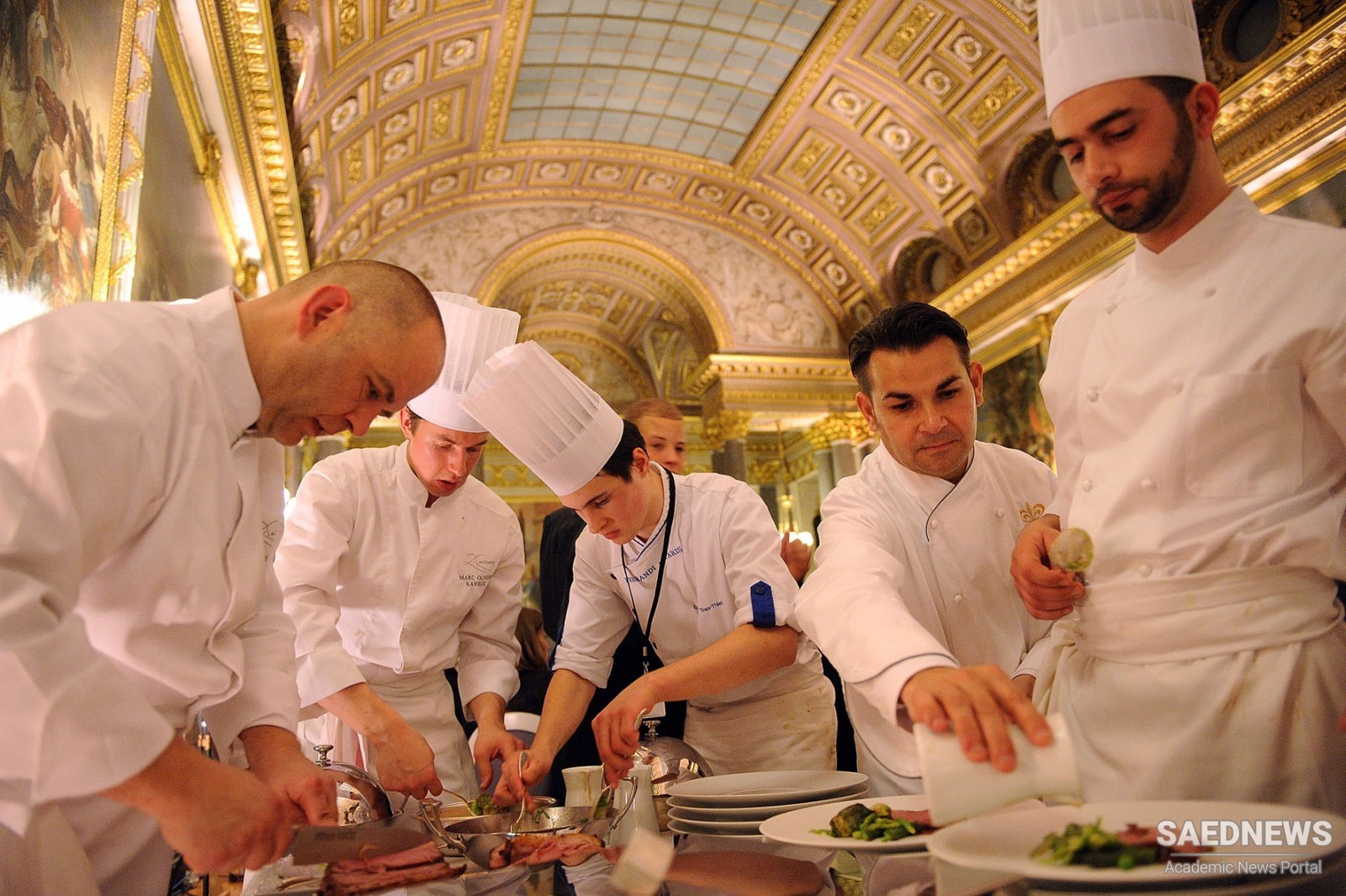The cluster of activities that surround cooking and eating stakes out culinarity as a privileged entry into the social order. Food and foodways afford a singular insight into any culture—into the worlds of women, the empires of men, the realms of children. Cuisine shifts agriculture into culture and inserts physiology into society. Whether taken as product or practice, chef or consumer, or everyone and everything in between, cuisine acts as a vital agent of socialization. It translates the corporeal, “natural,” uncooked, and unprocessed into a social actor. By fixing the individual gestures that would otherwise remain buried among the pots and pans, cuisine pushes culinary practice out of the kitchen into the culture beyond. There, in that larger culture, cuisine reaches beyond the food that supplies its raw materials; it outperforms the cooks by whom it is produced; it outshines even the consumers who justify the cycle of production. All this is possible because cuisine is not merely a culinary code that anchors custom. It is as well a panoply of narratives that sustain praxis. Cuisine constructs and upholds a community of discourse, a collectivity held together by words, by language, by interpretations of the world in which we live.


 Strategic Significance of Culinary in French History
Strategic Significance of Culinary in French History














































